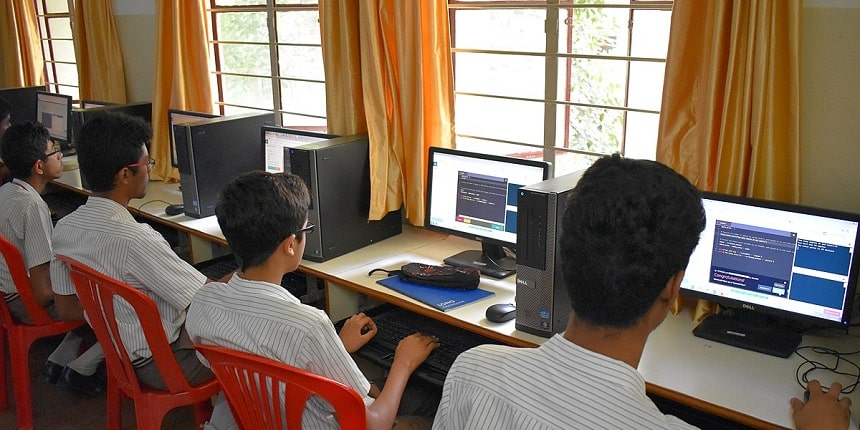IIT Jodhpur, Western Michigan University develop early warning signs for neonatal, infant mortality
IITJ, Western Michigan University researchers identified early warning indicators like observable biological characteristics using machine learning techniques.
 IIT Jodhpur (Source: Official)
IIT Jodhpur (Source: Official)Press Trust of India | May 30, 2022 | 04:45 PM IST
NEW DELHI: Researchers from the Indian Institute of Technology (IIT), Jodhpur and the Western Michigan University, USA have identified significant neonatal and infant mortality predictors using multiple machine learning (ML) techniques. The early warning indicators identified by the researchers include observable biological characteristics, demographic characteristics and socio-economic factors of households, mothers and newborns.
"The primary objective of this research was to identify early warning signs of child mortality that community health workers can use. Reducing child mortality is a specific goal under the Sustainable Development Goals (SDG), 2030. Previous research in this direction has established that poor clinical knowledge among healthcare workers is one of the causes of child mortality in developing economies," said Dweepobotee Brahma, Assistant Professor, Centre for Mathematical and Computational Economics, School of AI and Data Science at IIT Jodhpur.
Also Read | IIT Madras researchers develop easily available, affordable batteries for electric vehicles
"The early warning indicators identified in this study do not require advanced medical knowledge and can be easily used by community healthcare workers. The study uses a range of machine learning algorithms to assess the relative importance of characteristics such as being firstborns, being born in poorer households, and having a low birth weight," Brahma added.
The future goal is to extend and develop more streamlined screening criteria with the availability of more granular data with a combination of clinical and socio-economic characteristics. According to the research team, while clinical studies may have identified early warning signs, they do not assess the effects of policy variables. "Clinical studies are localised in nature, costly to conduct and collect information pertaining to medical characteristics. In contrast, we used easily available, nationally representative, large household survey data to identify early warning signs that are generalisable to the entire population.
Also Read | IIT Kanpur develops haptic smart watch for the blind, visually impaired
"Early warning medical indicators emerging from clinical studies are often expensive to scale as it requires imparting medical training. The early warning indicators that we identify are such that community health workers working in remote areas with modest medical training will be able to implement. Thus, our results provide the necessary input to formulate one of the priority interventions under the India Newborn Action Plan," Brahma said.
Follow us for the latest education news on colleges and universities, admission, courses, exams, research, education policies, study abroad and more..
To get in touch, write to us at news@careers360.com.




